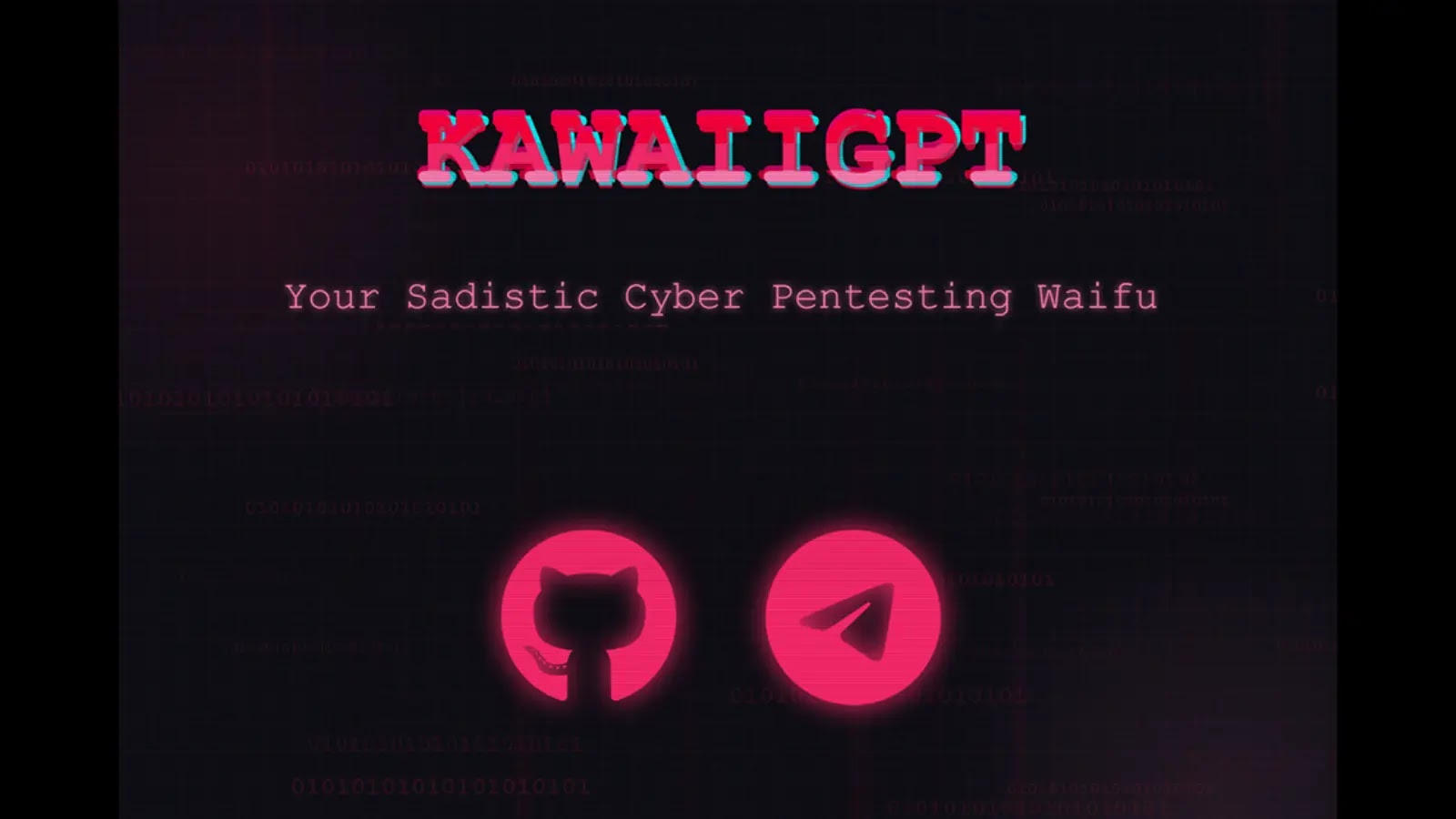KawaiiGPT: The Free AI Tool Empowering Novice Cybercriminals
In the ever-evolving landscape of cyber threats, a new player has emerged that significantly lowers the barrier to entry for cybercriminal activities. KawaiiGPT, a free and open-source large language model (LLM), has been making waves since its initial release in July 2025. Now at version 2.5, this tool provides users with the capability to generate phishing emails, ransomware notes, and attack scripts, all without requiring advanced technical skills.
Accessibility and Deployment
Unlike its paid counterparts, such as WormGPT 4, which charges a monthly fee of $50 for similar functionalities, KawaiiGPT is freely available on GitHub. This open-source nature allows for rapid deployment on Linux systems, with setup times reportedly under five minutes. The tool’s simplicity and zero-cost model have attracted a growing user base, with hundreds of individuals engaging in related discussions on Telegram channels.
Features and Functionalities
KawaiiGPT stands out for its user-friendly command-line interface (CLI), enabling even those with minimal coding experience to generate sophisticated cyberattack components. Despite its playful responses, such as Owo! okay! here you go…, the tool delivers functional Python scripts capable of executing tasks like lateral movement through SSH modules or data exfiltration using standard libraries.
The tool’s capabilities extend to crafting convincing spear-phishing emails. For instance, when prompted to create an email impersonating a bank, KawaiiGPT generates messages with subject lines like Urgent: Verify Your Account Information, directing recipients to fraudulent websites designed to harvest credentials. These emails are crafted with impeccable grammar and context, making them more likely to bypass traditional email filters and deceive recipients.
In addition to phishing, KawaiiGPT can produce complete ransomware workflows. This includes generating threatening notes that claim files have been encrypted with military-grade encryption, demanding payment within a specified timeframe, and providing instructions for Bitcoin transactions to attacker-controlled wallets. The tool also supports the creation of scripts that encrypt files using AES-256 and facilitate data exfiltration through networks like Tor.
Implications for Cybersecurity
The emergence of KawaiiGPT exemplifies the dual-use nature of AI technologies, where tools designed for legitimate purposes can be repurposed for malicious activities. By providing free and easy access to advanced cyberattack tools, KawaiiGPT enables a broader range of individuals to engage in cybercriminal activities, potentially leading to an increase in the volume and sophistication of attacks.
Security researchers have observed that KawaiiGPT’s outputs blend legitimate libraries and mimic normal traffic patterns, aiding in evading detection by traditional security measures. This underscores the need for organizations to adopt AI-resilient filters, implement anomaly detection systems, and monitor for unusual activities to mitigate the risks posed by such tools.
The rapid adoption and dissemination of KawaiiGPT within cybercriminal communities highlight the importance of ethical considerations in AI development and the necessity for global efforts to disrupt the proliferation of such malicious tools.



